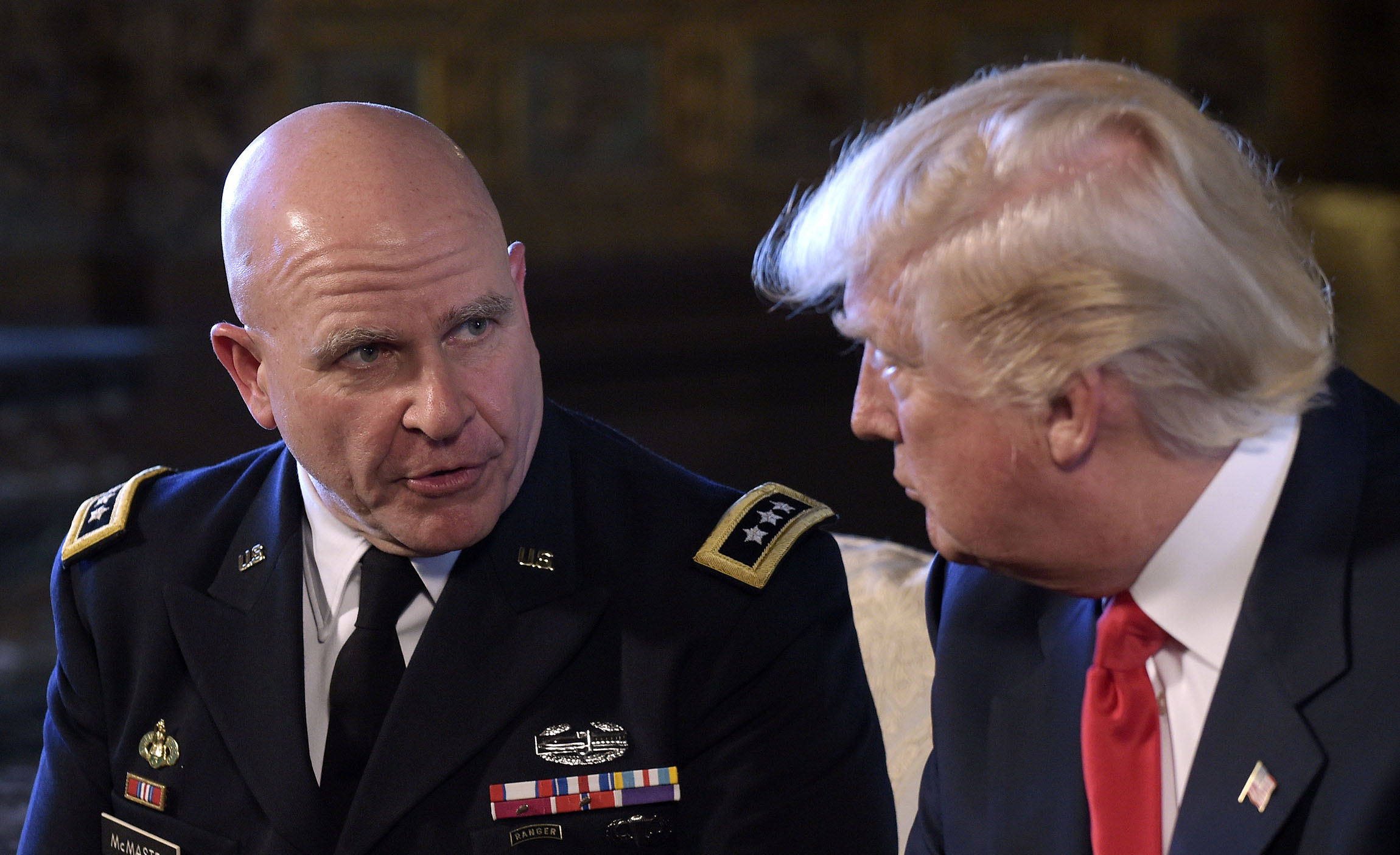Former national security adviser H.R. McMaster said the “deep state narrative” is “very damaging” to President Trump’s administration.
The retired Army lieutenant general made the assertion this week during a discussion with Perry World House this week on the geopolitics of the coronavirus pandemic.
McMaster, who was national security adviser from February 2017 to April 2018, lamented the “tendency” within the administration to be deeply skeptical of government broadly, attributing this in part to “who the president’s political base is.”
He added: “This deep state narrative … I think that’s very damaging.”
Turning to the Trump administration’s response to the coronavirus pandemic, McMaster said there was a “failure” of departments and agencies to prepare for the health crisis.
“But that doesn’t mean we should abandon the federal government’s efforts to prepare for the next one. We have to just be more effective at it,” he said.
McMaster then addressed accusations that the National Security Council had become a “deep state” nexus.

“One of the interesting dynamics within the Trump administration has been how the National Security Council staff is regarded, for example, and there are those who felt as if, you know, the National Security Council staff is part of this deep state problem set where you’re going to have civil servants who cast themselves in the role of resisting the president, of saving the country from the president, like this anonymous writer,” McMaster said.
He was referring to the anonymous author claiming to be a senior member of the Trump administration who wrote about an internal “resistance” group of officials working to stymie the president’s worst inclinations.
The Trump administration has engaged in a hunt for this official and any others they believe are being disloyal to the government. McMaster’s interview also comes at a time when the current national security adviser, Robert O’Brien, is downsizing the National Security Council, including Obama-era holdovers who some of Trump’s staunchest allies believe were trying to undermine the president’s agenda.
There has been debate over whether O’Brien’s predecessor, John Bolton, hurt the Trump administration’s ability to respond to the coronavirus outbreak by cutting a pandemic response team. Tim Morrison, the former senior director for counterproliferation and biodefense at the National Security Council, argued it was rather a “reorganization” that critics “have misconstrued or intentionally misrepresented.”
McMaster made the case that the National Security Council staff, “if configured properly, is necessary because it is the only place where you can really break down all of those departmental stovepipes.”
As for the Trump administration’s overall pandemic response, McMaster recommended a bipartisan inquiry, “like there was after 9/11, and take a look at how we become more effective.”
